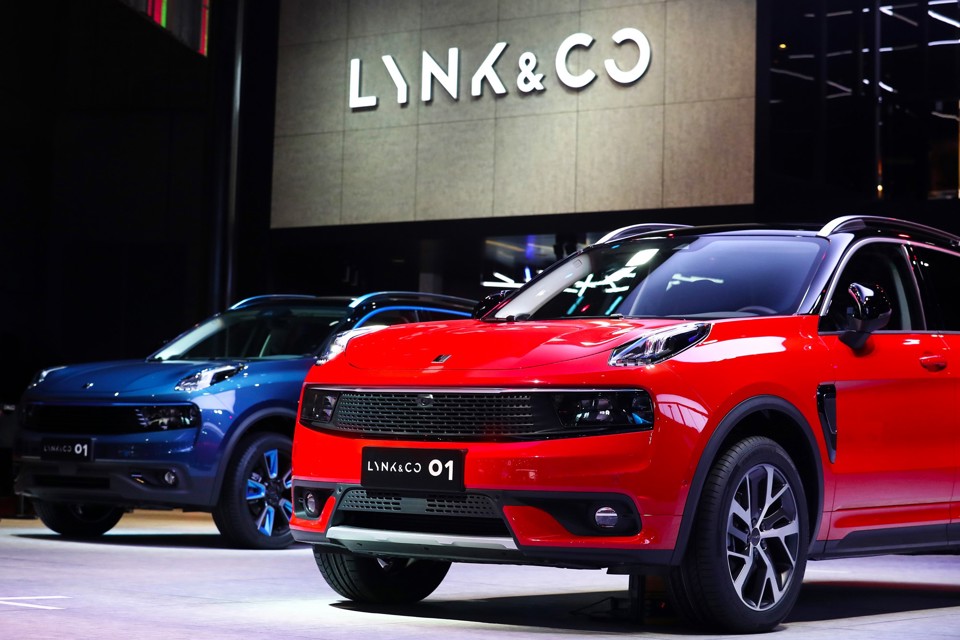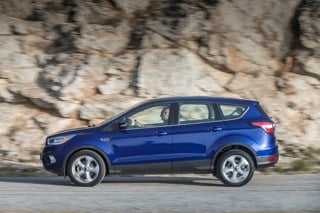Online car sales will number over a million across the globe in 2020 as rapid growth drives a further six-fold growth by 2025, according to research conducted by Frost & Sullivan.
The research and consultancy provider said that the online vehicle retail model was disrupting the traditional dealership model by enabling original equipment manufacturers (OEMs) including Hyundai, Polestar and Volkswagen to quickly introduce their products to the market while keeping costs low.
Frost & Sullivan said that more than 618,000 new vehicles were sold online globally in 2018, nearly double the unit sales in 2017, adding: “Online sales are expected to cross one million in 2020 and grow to more than six million by 2025.
“It is expected to become the preferred form of vehicle purchasing among private buyers, but fleet and corporate buyers will continue to favour the traditional retail format.”
Earlier this year, AM used its monthly News Insight feature to address the question “Will Britain ever host a new dealer network again?” by exploring the emergence of new OEM brands like Polestar, Lynk&Co and Byton plan to enter the UK with an online-led sales philosophy.
In July Mercedes-Benz said that it expects 25% of its vehicle sales to be completed online by 2025, meanwhile.
Despite Tesla’s u-turn on an earlier announcement that it would rely almost wholly on online sales as it sought to cut operational costs by closing the majority of its physical stores, Isaac Abraham, senior consultant, Automotive Retail & Business Strategy at Frost & Sullivan, said: “The popularity of the eCommerce model among the younger audience and the success of Tesla‘s online retail strategy is likely to encourage other automakers to explore online retail beyond just pilots.
“With the emergence of novel purchase models such as vehicle subscription and short-term leases, the dealership of the future is expected to become more experience-centric.”
Frost & Sullivan’s recent analysis, Global Vehicle OEMs’ New Online Retail Strategies, Forecast to 2025, highlights the performance of the online vehicle retail market and future trends in the eRetailing space.
It also benchmarks various OEM initiatives in the segments of passenger cars and light trucks, studying the different types of methods employed to sell vehicles online as well as the evolution of the online vehicle sales market by 2025.
“Alibaba is expected to be the frontrunner in providing eCommerce solutions in China and is partnering with entrants to maximize its reach in the region,” said Abraham.
“Hyundai is likely to introduce its in-house online vehicle sales platform in Singapore, the UK, and Canada, while, Polestar will enter the North American market with online stores leveraging its current Volvo dealership network.
“Following the digitization of its retail platform, Volkswagen could become one of the best-selling online automotive brands in Europe.”


















Login to comment
Comments
No comments have been made yet.